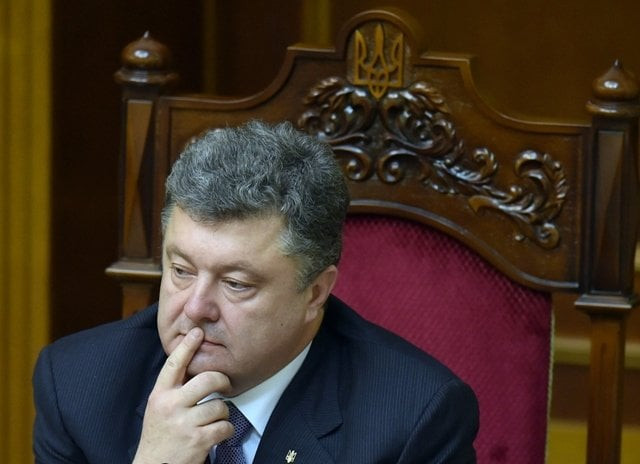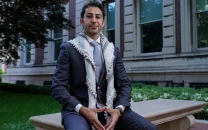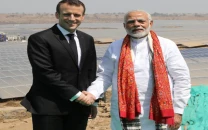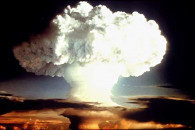EU tells Russia to back peace plan or face tougher sanctions
28 EU ministers voice support for Ukraine President's peace plan.

The 28 EU ministers were also seeking a policy response on Iraq and examining fallout from the Syrian conflict that is destabilising the Middle East, driving a refugee exodus washing up on EU shores.
All ministers voiced support for Ukraine President Petro Poroshenko's peace plan while British Foreign Secretary William Hague warned that Russian President Vladimir Putin had to respond positively and unambiguously.
Preparatory work on so-called "Phase 3" sanctions, which target specific economic sectors, had been done and EU leaders meeting in Brussels on Thursday and Friday would take up the issue if need be, he said.
"By Friday, we will be able to see how Russia is responding," Hague said. "We are ready to take those wider sanctions and no one in Moscow should be in any doubt about that."
"It is without doubt a decisive week for Ukraine," said German Foreign Minister Frank-Walter Steinmeier, who was due to travel to Kiev later on Monday.
"The peace plan (and ceasefire) ... are not only a courageous but a decisive step too," Steinmeier said.
"We now hope and expect that Russia is ready to cooperate," he added.
So far the EU has imposed asset freezes and travel bans on about 60 people, including some close Putin associates, but many member states are reluctant to go further, given their close economic ties with Russia.
Washington however has pressed for more action and on Friday slapped sanctions on another seven people.
The foreign ministers were briefed by Ukraine Foreign Minister Pavlo Klimkin, invited to the meeting as Brussels prepares to sign an EU association accord with Poroshenko on Friday that lies at the heart of the crisis.
"The main message-support the presidential peace plan," Klimkin said as he arrived.
Poroshenko and Putin both called Sunday for dialogue to solve the crisis but their words reflected deep mutual suspicion.
Russia bitterly opposes the signing of the EU association accord, alongside similar pacts with Georgia and Moldova, seeing it as a Western intrusion into its ex-Soviet sphere of influence.
On Iraq, ministers warned of the danger as militants spearheaded by Iraq and the Levant (ISIL) advance relentlessly towards Baghdad.
The country appears near to collapse while Western policy is in disarray, with few viable options open.
The ministers stressed the need for Baghdad to form a more inclusive government, bringing in the Sunni factions and answering at least some of their grievances.
The great fear is that conflict becomes generalised, with Libya also shaken by factional infighting, to send the Middle East into a tailspin and spark a massive flood of refugees across Europe's southern borders.
"What is important now is the formation of an inclusive government, representing all regions and religions," Germany's Steinmeier said.
"I hope that the neighbours of Iraq are aware of their own interest, that the territorial integrity of the country is guaranteed," he added.
UN Special Envoy for Iraq Nickolay Mladenov attended Monday's meeting.
On a busy agenda, ministers rapped the Thai military, cutting off all official visits and suspending signature of a partnership accord with Bangkok until the army restores democratic rule.
In Afghanistan, where Nato forces complete their withdrawal this year, ministers welcomed the recent presidential polls but urged the authorities to be transparent on the vote count amid charges of fraud and cheating.



















COMMENTS
Comments are moderated and generally will be posted if they are on-topic and not abusive.
For more information, please see our Comments FAQ